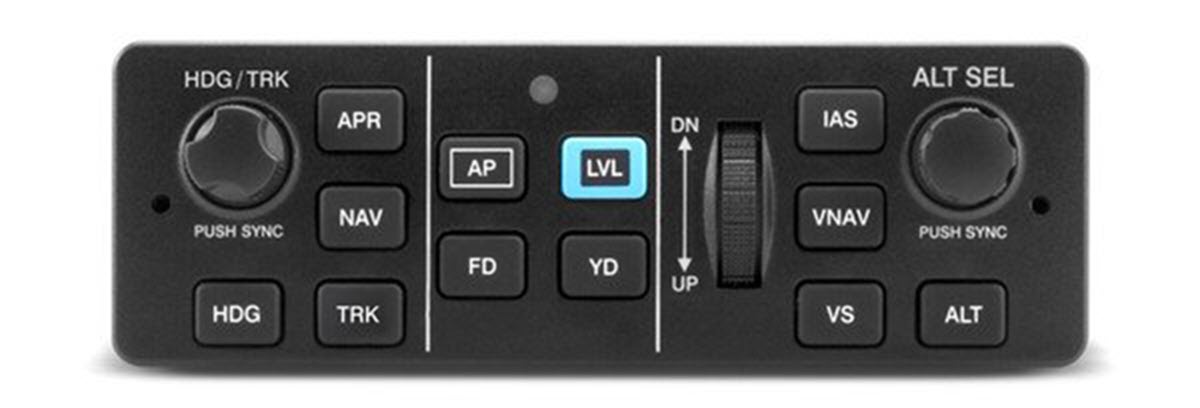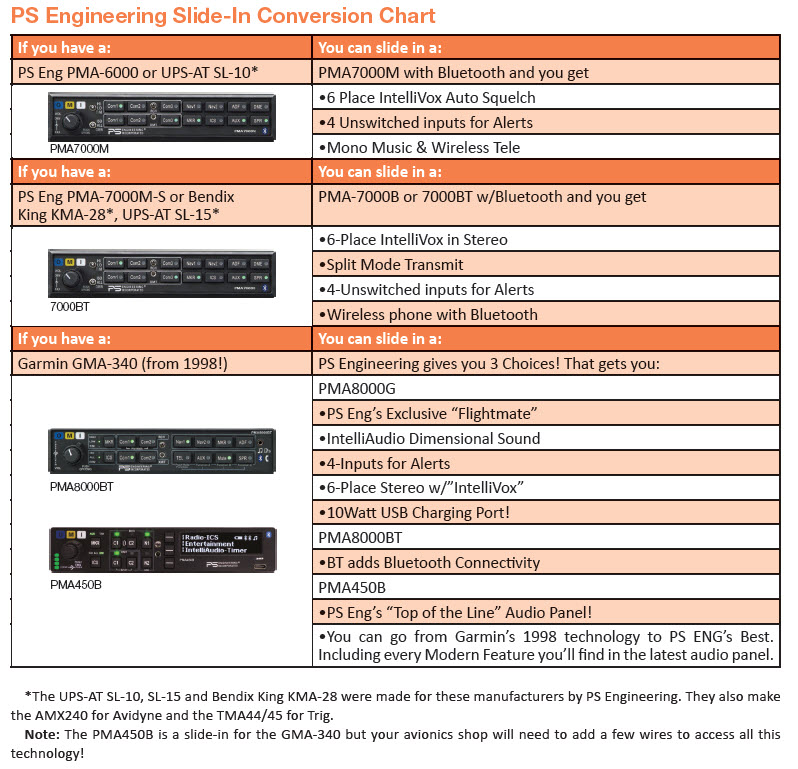Submitted by Garmin
Garmin® International, Inc., a unit of Garmin Ltd., announced it has received Federal Aviation Administration (FAA) Supplemental Type Certification (STC) for the GFC™ 500 autopilot in additional aircraft to include the Cessna 182 and 182A-D models.
Additionally, the GFC 500 Yaw Damper is now approved for installation in the Cessna 182C-T models. These Cessna aircraft join the list of models already STC approved for the GFC 500, which include the Cessna 182E-T.
The GFC 500 autopilot is intended for light piston aircraft while delivering superior in-flight characteristics, self-monitoring capabilities and minimal maintenance requirements when compared to older generation autopilot systems.
The GFC 500 autopilot uniquely integrates with Garmin’s GI 275 or G5 electronic flight instruments; a combination of either a standby GI 275 or G5 electronic flight instrument interfaced to a G500 TXi™ flight display; or a G3X Touch™ flight display to provide pilots with an economical and modern autopilot solution. The autopilot mode controller contains large dedicated keys and knobs, a control wheel that allows for easy adjustment to aircraft pitch, airspeed and vertical speed, and a Level Mode (LVL) that returns the aircraft to straight-and-level flight with the push of a dedicated button.
In addition, with the GFC 500, appropriately-equipped aircraft can also take advantage of Smart Glide™, a tremendous safety tool that helps pilots in an engine power loss emergency by automating tasks and helping to reduce pilot workload1.
The full-featured GFC 500 autopilot provides a long list of existing general aviation aircraft with a simple, lightweight, cost-effective autopilot upgrade path. Incorporating solid state attitude with robust self-monitoring capabilities, the GFC 500 provides superior autopilot performance, greater reliability, and invaluable safety tools that are similar to those featured on the popular GFC 700 autopilot. In addition to traditional autopilot capabilities, such as altitude hold, vertical speed and heading modes, the GFC 500 also includes altitude preselect, VNAV2, underspeed and overspeed protection and more. Pilots can also select, couple and fly various instrument approaches, including GPS, ILS, VOR, LOC and back course approaches when paired with a compatible Garmin GPS navigator.
As a standard feature of the GFC 500, pilots receive Garmin Electronic Stability and Protection (ESP™), which works to assist the pilot in maintaining the aircraft in a stable flight condition. ESP functions independently of the autopilot and works in the background while the pilot is hand-flying the aircraft to help avoid inadvertent flight attitudes or bank angles by nudging the pilot to return the aircraft back to a safe flight attitude.
Garmin continues to add additional aircraft models to the growing STC list for the GFC 500 autopilot. To view the most up-to-date aircraft STC list, to view certifications that are expected to being in the next 12-months, or to express interest in a specific aircraft make/model, visit www.garmin.com/GFC500.






